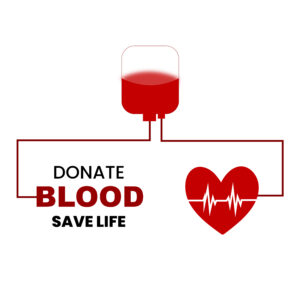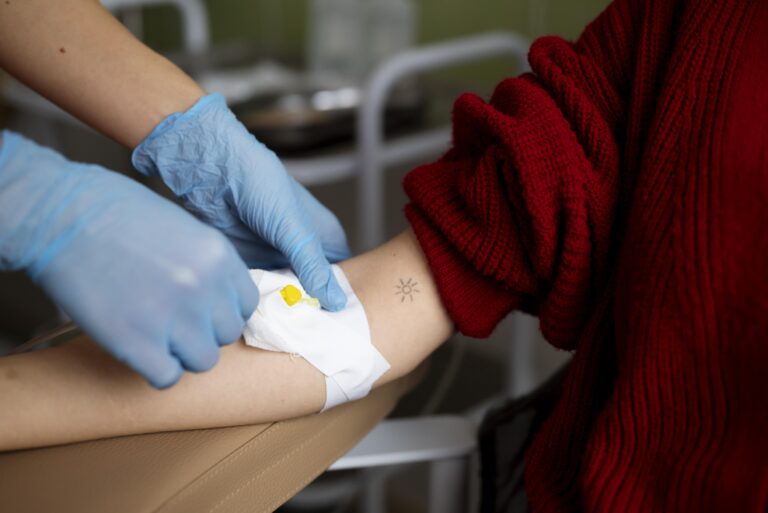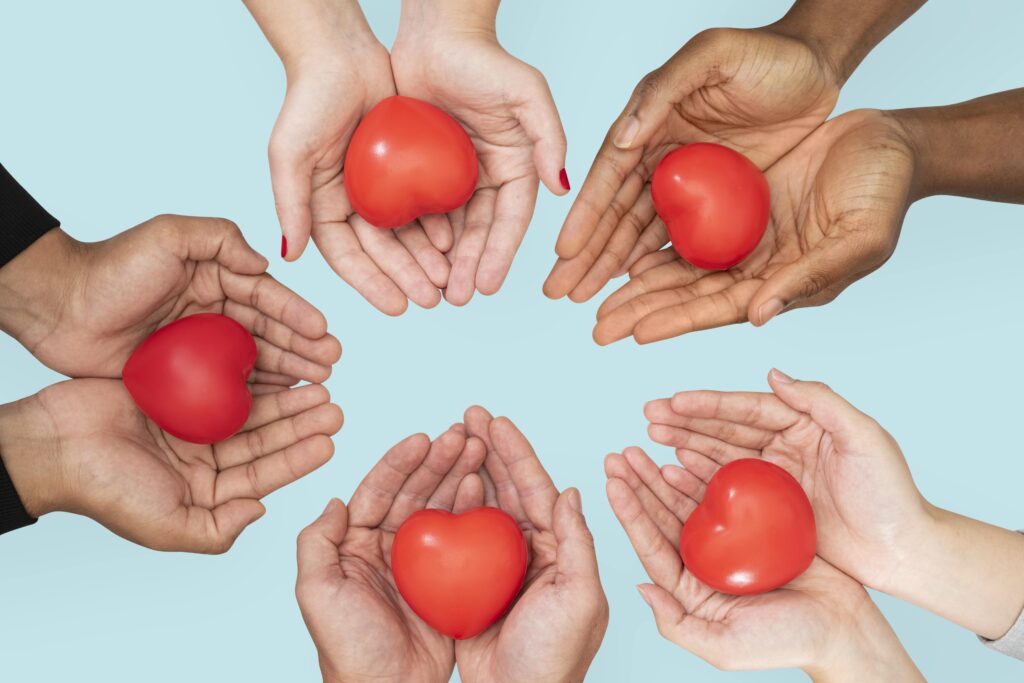Who is an Universal Donor ?

An individual with blood type O negative (O-) is the universal blood donor. O negative blood is compatible with recipients of any blood type since it does not include the Rh factor (the positive or negative component) or the A and B antigens. When there is little time for blood typing or in medical crises where the recipient’s blood type is unknown, O negative blood is frequently in high demand.
A single drop of blood has the capacity to save a life, and among the various blood types, one kind is distinguished as the universal donor. Come along on a journey as we explore the secrets around the blood type that can provide hope in life-threatening medical circumstances.
Note: Always try to know accurate and up-to-date information, and encourage ourselves and others to donate blood to support the nearest local blood banks. Always consult with healthcare professionals for the latest medical advice.
Let's Try Understand this Universal Donor:
Blood donation is a simple act with great impact within the human circle. This altruistic act not only preserves lives but also plays a crucial role in the general well-being of the community. Let’s examine the importance of blood donation and the profound effects this wonderful deed has on the lives of those in need.
Blood types are important components in the complex web of human biology that affect medical care. A unsung hero among them is the universal donor, who remains silent. Together, we will explore the significance of this unique blood type and how it can save lives in dire circumstances.

How O Negative Donors are Important:
Let me introduce you to O negative (O-) blood, which is a universal donor. This blood type is compatible with recipients of any blood type since it does not include the Rh factor or the A or B antigens. Because of this remarkable quality, O-blood is an invaluable resource in life-threatening medical circumstances.
O negative blood becomes a literal lifeline in emergencies. Its universal compatibility means it can be administered to patients with unknown or diverse blood types, offering immediate support in accidents, surgeries, and urgent medical interventions.
Compatibility:
Beyond crises, O-blood compatibility lowers the possibility of negative transfusion reactions. This makes it a better option for several medical operations, guaranteeing a more seamless and secure experience for patients having surgery or receiving continuous care.
Demand of O negative blood:
It is difficult to keep an adequate supply of O negative blood on hand. In order to meet the demands of patients in hospitals and other medical institutions, there is a constant demand for this type of donor, which highlights the necessity of a strong system that promotes regular blood donations.
The effects of O negative blood are widespread. A constant supply of this universal donor type is ensured by international cooperation and linked blood banks, spanning boundaries to help patients in various healthcare settings.
Who can Donate?
Donors of blood can be almost anyone. Many locations have inclusive eligibility requirements that let a wide variety of people participate. Although factors like age, weight, and general health are taken into account, many people discover that they are eligible to donate.
A Valuable Gift to Someone:
Giving blood is a gift of life. It is a concrete way to show empathy and support for other people in need. Your donation might be the lifeline that makes a difference for someone in need—a stranger in an emergency, a neighbor having surgery, or a youngster with a medical problem.
How to Find Blood Donors:
When universal donors are specifically needed or in an emergency, finding O negative blood donors might be extremely important. Here are a few methods for finding blood donors who are O negative:
Donation centers and blood banks:
Speak with the blood donation and banks in your area. They can assist you in getting in touch with people who have blood that is O negative and maintain databases of blood donors.
Social Media and Digital Channels:
Promote the demand for O negative blood donors by using social media platforms. For a wider audience, make posts, share tales, and make use of pertinent hashtags. Online communities or forums dedicated to blood donation may also exist.
There are websites in some nations or areas where people can sign up to donate blood. Look up these databases or establish an online connection with blood donation groups.
Programs for Community Outreach:
Collaborate with hospitals, healthcare institutions, and community outreach programs to increase public awareness of the need for O negative blood donors. They might be able to connect with possible funders through existing networks or events.

Conclusion:
In conclusion, O negative blood, the universal donor, is a ray of hope for the medical community. Because every drop has the power to save a life, regular blood donation is essential to the wellbeing of the community. Let’s honor the ability of every person to contribute to this life-saving effort as we salute the universal donor. By giving blood, we participate fully in a group endeavour that guarantees the gift of life will always be present in human veins.
Be a Hero-Donate Blood Today!
Donating blood is a simple yet heroic act that has far-reaching effects. It’s about giving the gift of life to those who need it most. So, consider becoming a blood donor. Your small act of kindness can have an enormous impact, turning you into a hero in someone’s story. Remember, every drop counts, and together, we can make a world of difference. Donate blood today and be a part of something truly extraordinary.
My Sincere Thanks to All.
Till then Save Canadians!!